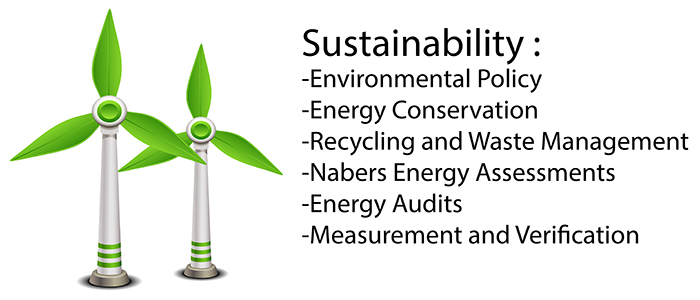Your Property Manager or Client Wants a “Business Case”.
a justification for a proposed project or undertaking on the basis of its expected commercial benefit.
Your day had been relatively uneventful until, the email from your client or manager, asking you for a “business case” for the project you are proposing. The manager seeks justification to move forward not just in market value but in “Return on Investment”.
Return on investment (ROI) measures the gain or loss generated on an investment relative to the amount of money invested. ROI is usually expressed as a percentage and is typically used for personal financial decisions, to compare a company’s profitability or to compare the efficiency of different investments. source
Return on Investment
“Explain the Return on Investment” are words in the email which cause you concern. The financial definition above might make the explanation sound a little cumbersome to put into words, but, its actually quite straight forward with a little “reconnaissance” via a quick phone call to your supplier (s).
Asking your supplier for their estimated R.O.I on the project will net the core information which you can expand upon. The question you ask your supplier should be defined with a time span, that is, 1, 3 or 5 year return.
The financial outcome of the return on investment to conclude the savings obtained from the project, are no longer “paying” for the project per se, but are now effectively “free” money.
The shorter time span in the ROI the better, but be realistic and even extend the time a small amount to cover contingency you haven’t thought of, that is, under promise and over deliver.
Stakeholders
Its not the manager or the client you talk to whom you are communicating with, there are other stakeholders involved whom will read your document and hold you accountable.
You are not actually communicating with the person whom has asked your for the document, they will typically already know, you are communicating with people further up the food chain, so keep your document concise and brief, you are not “selling”, its pure financial justification for the expense of the project.
What should we include in the “Business Case”
In a nutshell, keep it simple, include an “Executive Summary” or Synopsis at the beginning of the document. As the title suggests, keep it brief, don’t go into detail, and, it should be clear and concise. This is not a sales document per se, if you have been asked for a business case, the stakeholders are 90% sold on the scenario, they are now doing their “checks and balances” for their greater objectives which you will not be aware of.
Don’t use emotive words, keep it direct and factual, likely outcomes and so forth.
Offer a balanced objective view, explain the case against the project, the client might save money now, but will they be increasing risk elsewhere.
Is there a perception in the market place or “duty of care” they should consider?
Offer a time a line, such as council rezoning expected in “x” year or new building in construction nearby due to be completed in “y” year.
Talk about the building’s peers, “x Building at number y, z street is of a similar size and function……”
“Do the Numbers”
Use numbers in either cash flow, energy, people, or other relevant parameters which the project will have a direct benefit to. for example:
- “Increase in sales due to faster processing by 15% wider audience”.
- $65 dollars an hour saved for every “x” or “y”.
- 30% fewer warranty claims in “y” materials.
Stakeholders, typically think in the long term; consider a one yer, three year and five year scenario where they have implemented your project or product, what are the direct financial returns.
In the same thought process, ask your self what are the indirect returns.
By Indirect, we mean benefits from the implementation of your product or project which are less tangible. For example:
- Improved Employee morale which is seen and more importantly “felt” by our customers,
- reduced wear and tear on physical machine reducing maintenance coss, energy costs and breakdowns
- Improve the overall value of the building or facility
- improves the “Value” of the asset by making it
- Improves the facility beyond that of it’s Peers
Conclusion
Keep it brief, offer a few “dot points” as “take a ways”, and offer your appreciation for being asked your point of view.
Nigel Wraight
Forte Asset Services




[…] Typically, if the bank “locks” a cash account, the tenant will still receive interest on those ‘locked” funds. From the perspective of the Landlord, the bank guarantee is […]